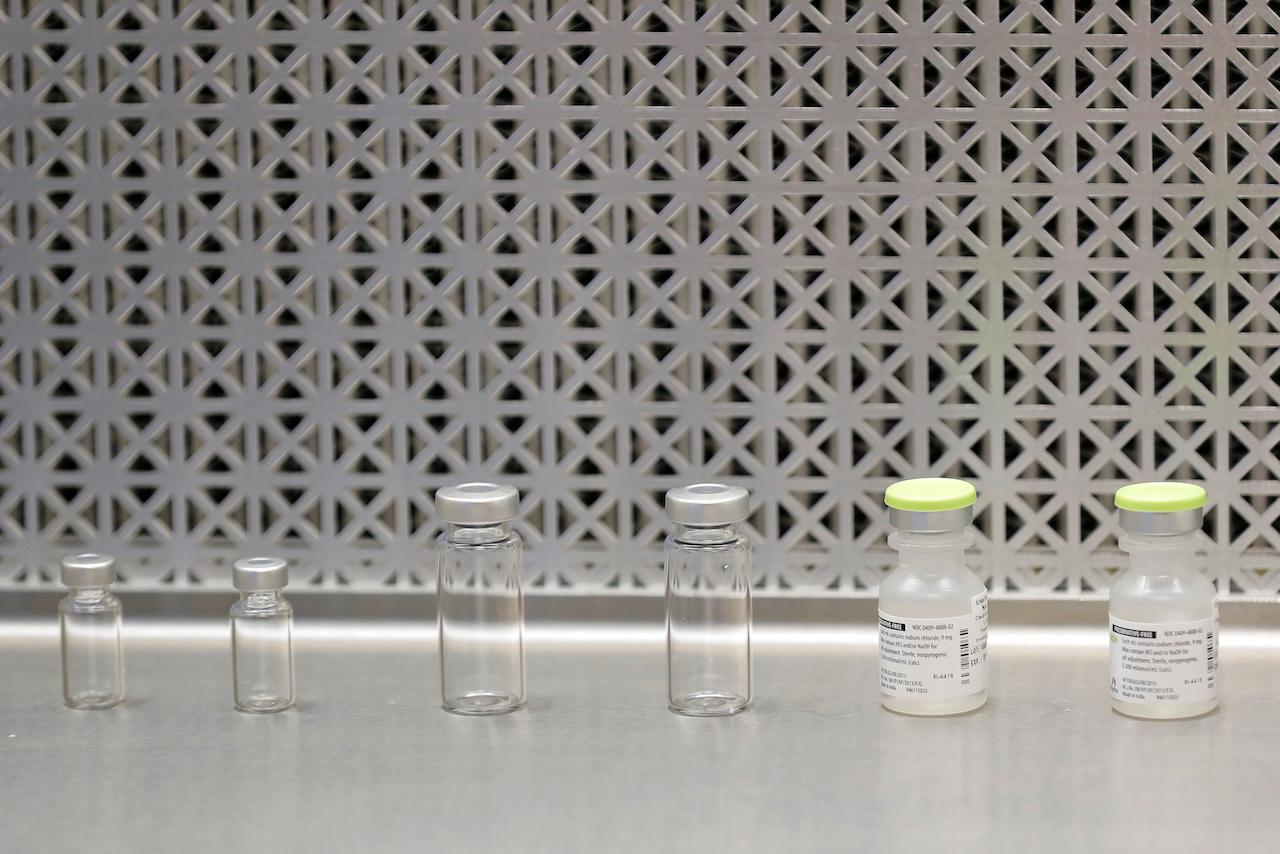How the world has sped up vaccine approvals
A look at how countries have sped up their approval procedures to face up to the pandemic.
Just In
Britain has become the first Western country to approve a Covid-19 vaccine for general use, giving the green light to the Pfizer/BioNTech drug.
As authorities in the US and Europe probe other candidates, here is how countries have sped up their approval procedures to face up to the pandemic.
Britain: ‘rolling reviews’
Britain was able to approve the Pfizer vaccine after the independent Medicines and Healthcare products Regulatory Agency (MHRA) gave its all-clear.
The MHRA used a “rolling review” process from June to assess the vaccine in record time.
Teams of scientists had worked “around the clock” on different aspects of the safety assessment, often tackling several topics in parallel, MHRA chief June Raine said.
Health Secretary Matt Hancock and others claimed that Britain’s departure from the EU had allowed it to approve the vaccine faster than its continental neighbours.
“Unlike the EMA (European Medicines Agency), they can ask questions as they go and obtain responses faster as a single agency,” said Penny Ward, professor in pharmaceutical medicine at King’s College London.
Raine insisted that “no corners whatsoever have been cut” in the vaccine approval process.
EU: accelerated procedures
The Amsterdam-based EMA, which regulates medicines across the 27 EU countries, has also turned to a “rolling review” process for safety and effectiveness data from Covid-19 vaccine developers.
All three of the most advanced candidates – Pfizer/BioNTech, Moderna and Oxford/Astrazeneca – have been subject to the scheme for several weeks already.
According to the EMA, the accelerated procedures are granted for medicines “that fulfil an unmet medical need on the basis of less complete data than normally required.”
The normal pipeline for vaccines would see all the data collected and submitted at the very start of the authorisation process.
An EMA decision on Pfizer/BioNTech’s vaccine is expected “by Dec 29 at the latest”, while a ruling on Moderna’s version should follow by Jan 12.
It is up to the European Commission in Brussels to issue the final green light.
US: advisory committee
Both Pfizer/BioNTech and Moderna have requested emergency use authorisation (EUA) for their Covid-19 vaccines from the US Food and Drug Administration (FDA).
But the American process is slower than the British one and involves a public consultation.
The FDA carries out its own analysis of the vaccine and calls on an independent advisory committee.
“The FDA process is a completely transparent process with independent experts commenting and asking questions and recommending or advising the agency,” Moncef Slaoui, scientific advisor to Washington’s Operation Warp Speed (OWS) program, said Wednesday.
The advisory committee is scheduled for a Dec 10 meeting on the Pfizer/BioNTech vaccine and for Moderna on Dec 17.
FDA decisions on the two drugs should follow those meetings. If the agency approves them, the vaccines could be available in the US – the world’s hardest-hit country with more than 270,000 deaths – in December.
Russia: simplified procedure
Testing on medical products under development is carried out by the Russian health ministry’s “scientific centre for evaluation of medicines”.
According to its official vaccine website, “unlike many countries, there is a system of state testing, using comparable medications, a double-blind study and other control tests independent of the developers”.
President Vladimir Putin ordered the government to simplify procedures for state registration of some medicines, so as to speed up approval for a vaccine.
Testing on the country’s Sputnik V vaccine began in mid-February, and on Aug 1 the first and second phases of clinical trials were complete.
Authorities approved the inoculation on Aug 11 before Phase 3 trials had even begun. The large-scale study is now complete, but results have not been made public.
Putin has told authorities to begin “large-scale” vaccinations among at-risk populations from next week.
The drugs should be made generally available to the Russian public in early 2021.
China: Last-stage trials and emergency use
China has four coronavirus vaccines in Phase 3 trials – typically the last step before regulatory approval – but has not released much of its data.
Although regulators have yet to approve China’s vaccines for mass distribution, the country has approved some advanced candidates for emergency use, giving jabs to people ranging from state employees to international students since July.
Nearly a million people have already taken an experimental vaccine by Sinopharm, the company said in November. Another firm, Sinovac Biotech, earlier said almost all its employees and their families had voluntarily taken its vaccine.
China has also been ramping up its vaccine production capacity, with health officials expecting the country will be able to produce 610 million doses annually by the end of the year.
It is expected to raise this capacity to at least one billion doses annually next year.
In November, the state-run Global Times reported that China’s coronavirus vaccine producers had been working out plans for international transportation. President Xi Jinping has pledged to make any potential vaccine developed by China available for the “global public good”.
Subscribe to our newsletter
To be updated with all the latest news and analyses daily.
